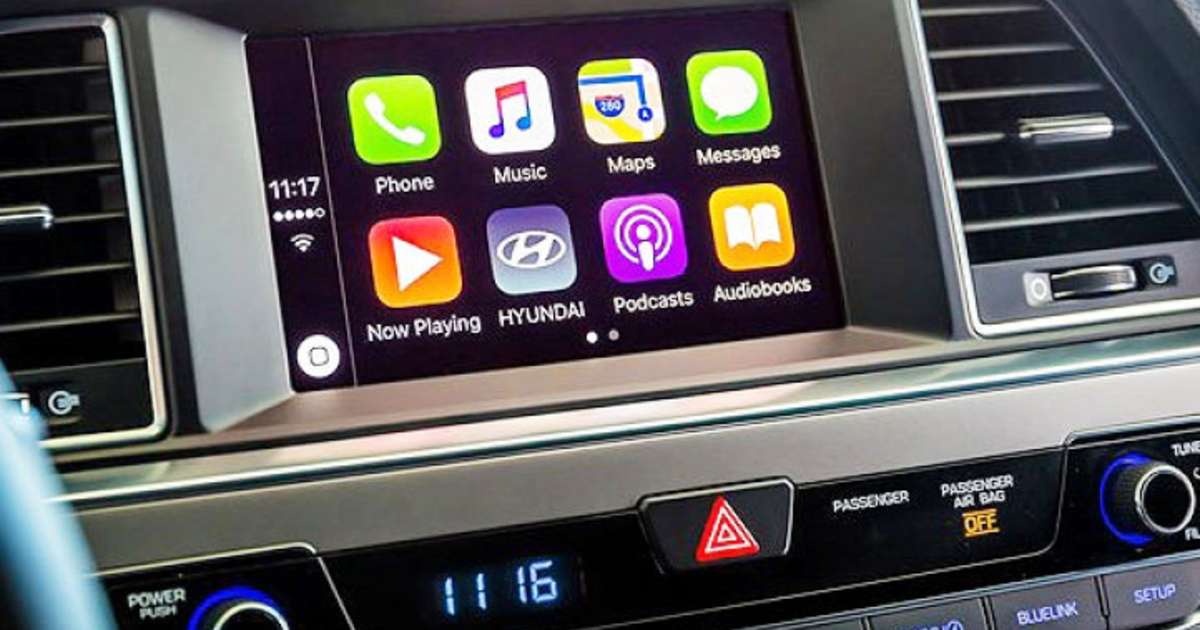
Consumers are willing to pay for connected-car services that clearly add value and if they have a chance to try them, according to results of an S&P Global Mobility study released this week.
What they don’t want: features they won’t use often or that their smartphones already provide.
In a survey of 8,000 global consumers in March, S&P Global Mobility found that in the subset of respondents who had experienced a free trial or an existing subscription on a 2016 model-year vehicle or newer, 82 percent said they would likely consider purchasing subscription-based services on a future new-vehicle purchase.
The vast majority of previous-subscriber respondents said they were likely to renew, and 85 percent say they would recommend their service to a friend.
The trick for automakers, according to S&P Global Mobility, is getting consumers exposed in the first place. More than 1 in 4 respondents said they either did not know that connected services were available or the dealership did not offer them.
“Marketing is everything. Implementation is everything,” Yanina Mills, senior technical research analyst at S&P Global Mobility, said about subscription-based connected services.
The survey found driver-assistance and safety features were more popular than comfort features such as heated seats.
How frequently a feature is used also plays a role.
“If you have a feature that you only use once or twice, you’re not going to renew that feature,” Mills said.
Removing Apple CarPlay and Android Auto from vehicles, as General Motors has, could be a way of getting around consumers’ resistance to features that overlap with what’s available on their phones, S&P Global Mobility said. It also gives automakers more access to consumers’ usage data.
While many consumers have concerns about sharing data, about 3 out of 4 said they would be willing to share data in exchange for free services.

